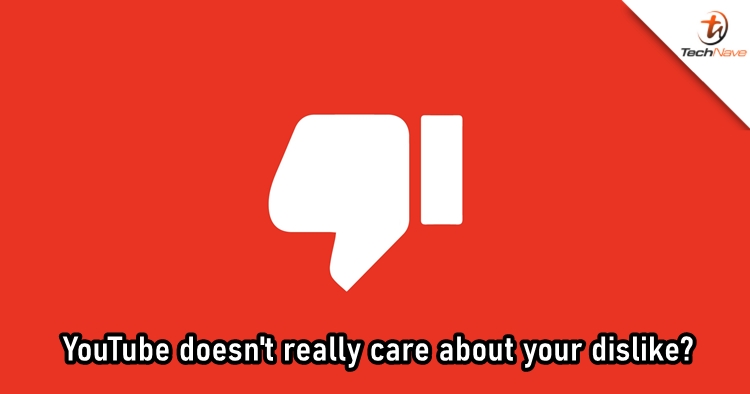
Photo courtesy of NBC News
The motive behind clicking on the 'dislike' or 'not interested' buttons on YouTube is hoping the platform will help you filter out unwanted content. However, new research claims that those buttons might not be much of a help doing that, as YouTube would still bring up similar videos.
The researchers at Mozilla use video recommendations data from more than 20,000 YouTube users to find out if the buttons such as "not interested," "dislike," "stop recommending channel," and "remove from watch history" are effective at all. Surprisingly, the buttons would still allow more than half of the recommendations similar to the videos that the user negatively reacted to, and sometimes wouldn't even affect the recommendations completely.
The results came through using the data collected from over 500 million recommended videos, with research assistants creating over 44,000 pairs of videos — one "rejected" video alongside a video recommended by YouTube. The researchers then assessed the pairs and used machine learning to decide whether the recommendation was too similar to the video a user rejected. It turned out that the "dislike" and "not interested" were only "marginally effective" at preventing bad recommendations, preventing 12 per cent and 11 per cent of bad recommendations, respectively. Meanwhile, the "don't recommend channel" and "remove from history" buttons were slightly more effective by preventing 43 per cent and 29 per cent of bad recommendations.
In response to the research, YouTube spokesperson Elena Hernandez says that these behaviours are intentional as the platform doesn't try to block all content related to a topic. "Importantly, our controls do not filter out entire topics or viewpoints, as this could have negative effects for viewers, like creating echo chambers," Hernandez told The Verge. "We welcome academic research on our platform, which is why we recently expanded Data API access through our YouTube Researcher Program. Mozilla's report doesn't take into account how our systems actually work, and therefore it's difficult for us to glean many insights."
What do you think about the research? Do you usually get to see videos similar to the ones you dislike on YouTube? Leave a comment to let us know your opinion, and stay tuned to TechNave.com for more tech reports.





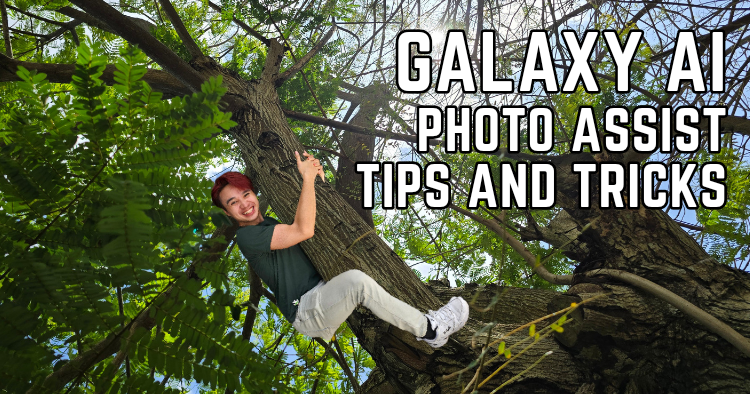
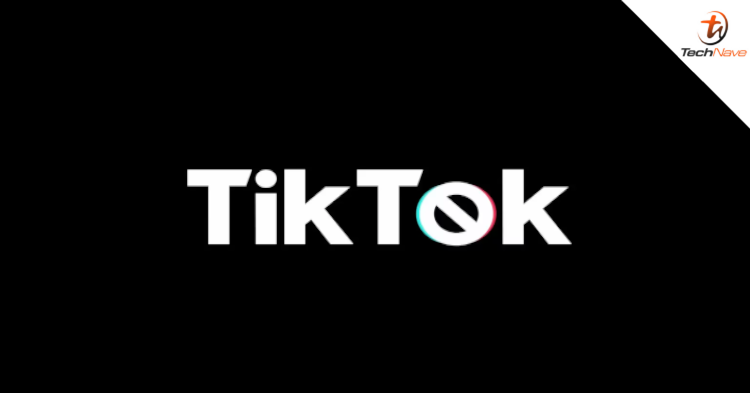

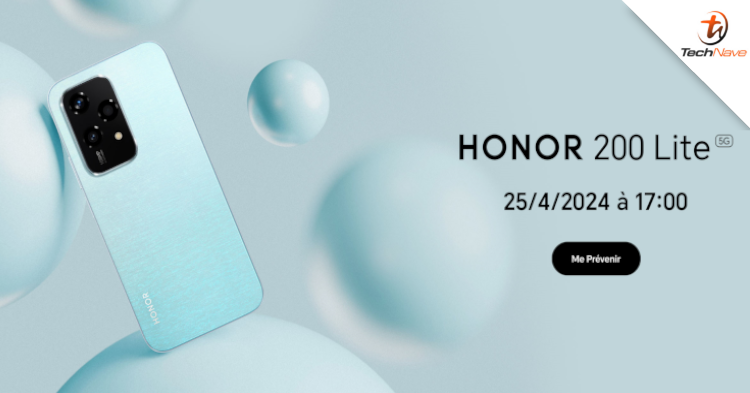



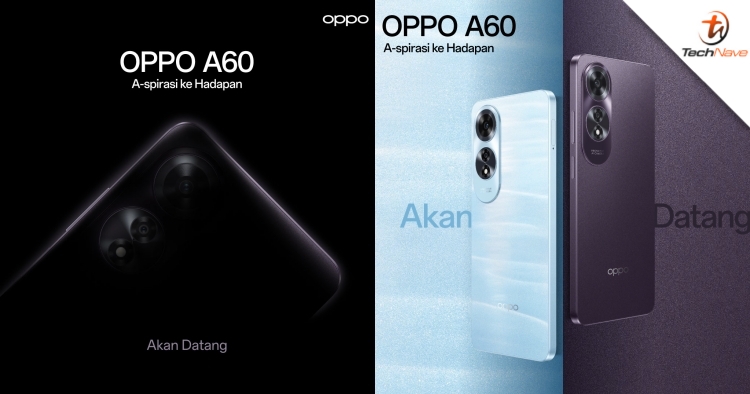



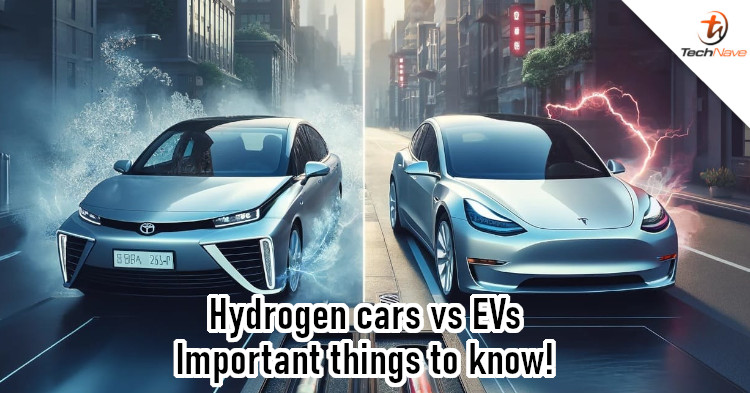
COMMENTS